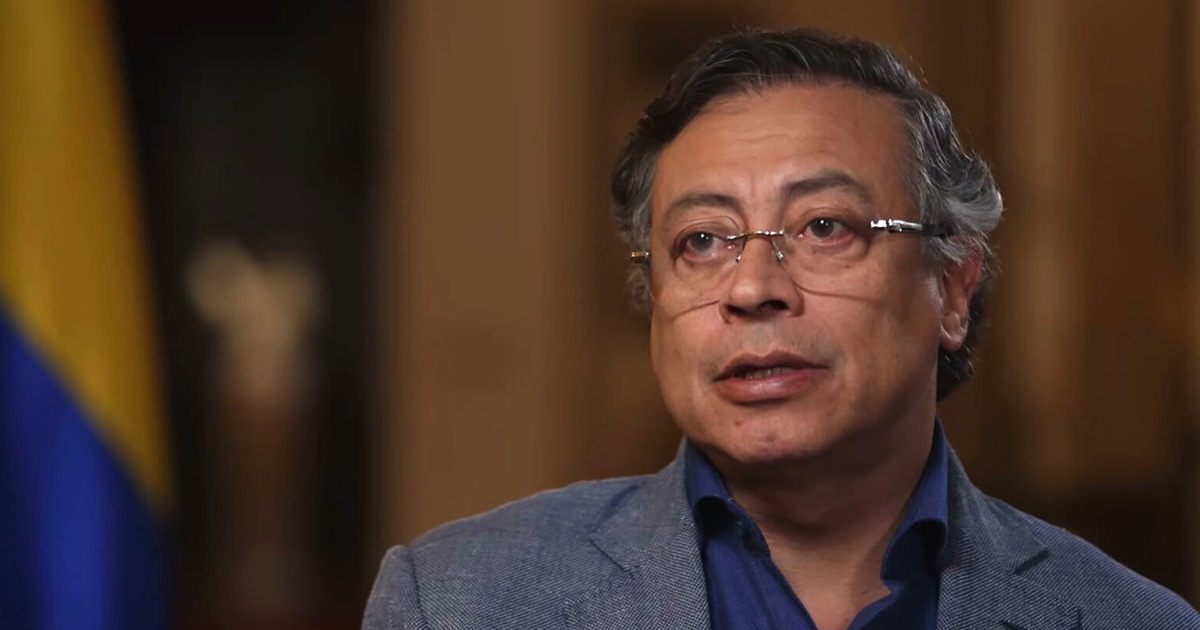Nicole Kidman files for divorce from Keith Urban after nearly two decades of marriage.
Source link
Sept. 29, 2025, 10:30 PM EDT / Updated Sept. 30, 2025, 4:16 PM EDTBy Tim StellohNicole Kidman and Keith Urban are separating after nearly two decades of marriage.The Academy Award-winning actor filed for divorce Tuesday from the Grammy Award-winning country singer, according to a complaint in Davidson County Circuit Court in Tennessee.In the filing, Kidman cites irreconcilable differences. TMZ was first to report the separation Monday. Kidman and Urban, 57, were married in 2006 and share two daughters. The complaint asks that Kidman be named the primary parent.Kidman has two other children with Tom Cruise, to whom she was previously married. Keith Urban talks new album, upcoming tour, being a girl dad, more04:29She recently wrapped the filming of “Practical Magic 2” and had a series “summer memories” on Instagram, which noticeably did not include Urban.The Australian actor has appeared in dozens of films and shows and nominated for several Oscars. She won the award for best actress in 2003 for her portrayal of Virginia Woolf in “The Hours.”Urban, who was born in New Zealand and raised in Australia, won four Grammy Awards from 2005 to 2010 for best male country performance.He is on his High and Alive World Tour and has been sharing photos and videos from his time on the road.Tim StellohTim Stelloh is a breaking news reporter for NBC News Digital.Carla Kakouris contributed.




